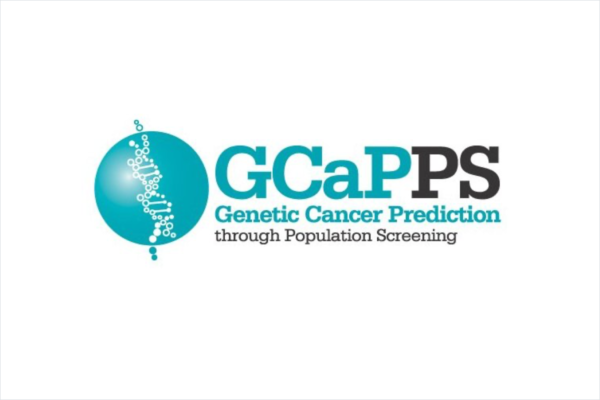
The challenge
Ovarian cancer remains a lethal disease with most women presenting at late stages when the cancer has spread well beyond the ovaries. Despite significant investment in new drugs and therapies, there have been only marginal improvements in survival over the last 30 years.
Triple negative breast cancer common in BRCA1 carriers also has a poor prognosis. 30% ovarian cancers and 10% breast cancers in the Jewish population are caused by BRCA genes.
Testing for breast cancer gene mutations (BRCA) is currently only offered to women based on clinical criteria or family history of cancer. This approach misses over half at-risk BRCA carriers. These limitations can be overcome by offering BRCA-testing to everyone (irrespective of family history).
The solution
Genetic Cancer Prediction offers unselected testing for BRCA mutations with an initial focus on a high-risk Ashkenazi Jewish population, where one in 40 individuals carry specific faults in BRCA1/BRCA2 genes (five-times more frequently than the general population). Carrying out BRCA-testing on this population (proven to identify over 50% additional BRCA-carriers), and identifying those at risk, can enable early detection and prevention of breast and ovarian cancers.
Broadening BRCA-testing across the entire population, beyond the current clinical-criteria or family-history based approach, heralds a new paradigm to prevent many more breast and ovarian cancers, saving many lives.
Athena Lamnisos, CEO of The Eve Appeal
The impact
- A population-testing approach reduces breast and ovarian cancer incidence, leading to 33 days gain in life expectancy
- Reduction in treatment costs leading to discounted cost savings of £3.7million for the NHS
An RCT evaluating the concept of Population-based BRCA-mutation testing by comparing it to the traditional family history strategy in 1,034 Ashkenazi Jewish men and women:
- Identified over 50% additional carriers
- Found overall 71% acceptability and 88% uptake of BRCA testing with high satisfaction rates of ~95%